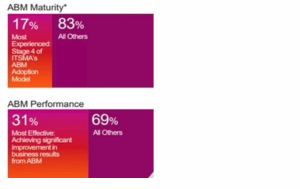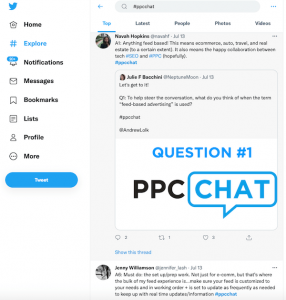Hiring great employees can be a lengthy and stressful process. But bringing quality employees onboard is just the first step in any recruitment process. Training these new recruits on your corporate processes and educating them on your business culture and values can be challenging and is pivotal to ensuring a seamless expansion of your workforce.
Modern employee onboarding software applications offer an end-to-end solution and can take care of not only your application screening and recruitment process, but also come with sophisticated learning management systems that can train your new recruits to bring them to speed with all your business processes and values. Picking the right tool for your business can, however, be intimidating. Here are a few pointers to keep in mind while you are in the market for an employee onboarding tool.
Understand the learner profile
The learner’s behavior is one of the most important factors that an employer must consider while picking a corporate training software. Would your learner be engaging with your lessons in an office/home environment or are they likely to read them up on the commute? Are you looking for real-time learning or do you plan on offering courses that the new employee will read up on? The popular learning management tools (LMS) are unique in their own way in that some focus on mobile learning while others focus on a desktop-based platform. Similarly, some LMS tools are desktop based and may be accessed offline while others need an internet connection for the learner to access the courses. Understanding your learner’s profile and behavior will go a long way in establishing the basic parameters that your employee onboarding software must fulfill.
Employee assessments
If your employee onboarding process mostly involves educating your new recruits on company policy, culture and ethics, then you may not really be looking to assess them after their lessons. However, if your onboarding process also includes training on your industry and operational processes, it is important to test your new employees before officially inducting them. Based on your organization’s needs, pick an LMS tool that allows assessments to be conducted as part of the learning process.
Built-in repository
Organizations recruiting employees fresh out of college for skilled roles often invest heavily in technical training that can take several months to complete. Such programs are a mix of on-the-job training and offline learning. Many enterprises hire professional eLearning consultants to build rich media course packages that are a mix of text, image and video-based learning materials that are hosted on the LMS for training purposes. If you have such plans in place for your training programs, you must make sure that the LMS tool you pick has secure repositories that can host such learning materials. In addition to hosting, these tools must also make it easy for the trainer to organize their chapters into discrete chapters and update them as and when it is required.
Blended learning
Most large organizations today have a mix of several learning methods. This includes instructor-led-training, online repositories, game-based e-learning courses and so on. A sophisticated employee onboarding tool comes packed with support for all of these different pedagogical methods. Prepare an annual onboarding plan for various departments within your organization and identify the various e-learning tools that you will require for the induction process. Understand the various features that is necessary for the onboarding process would help you shortlist LMS tools that fits your unique needs.
Onboarding is an often underrated component of the recruitment process. Picking the right onboarding software can be the difference between highly trained employees who stick with your organization and those who do not align with your organizational goals and values.
Business & Finance Articles on Business 2 Community(59)
Report Post




